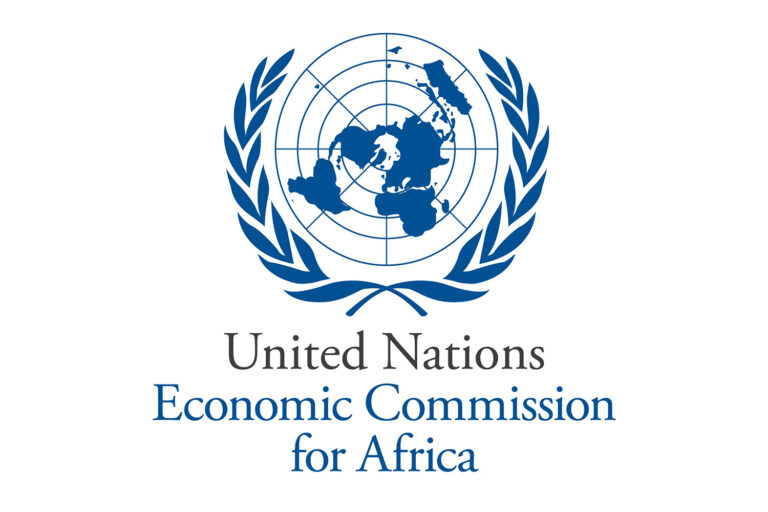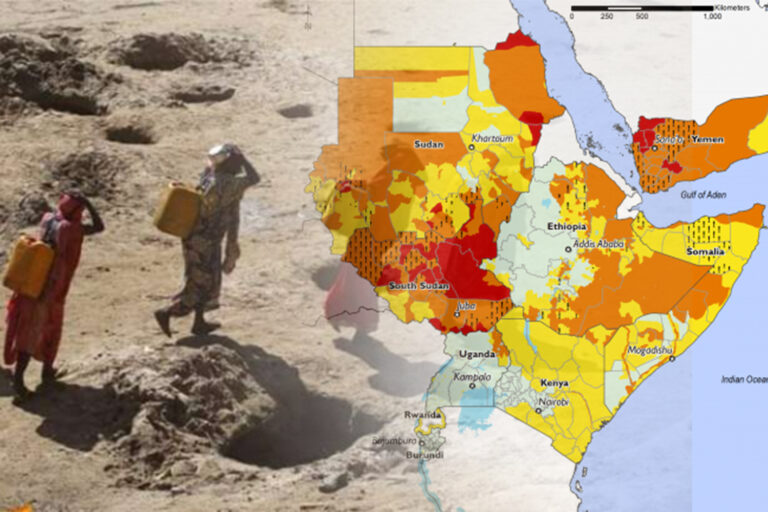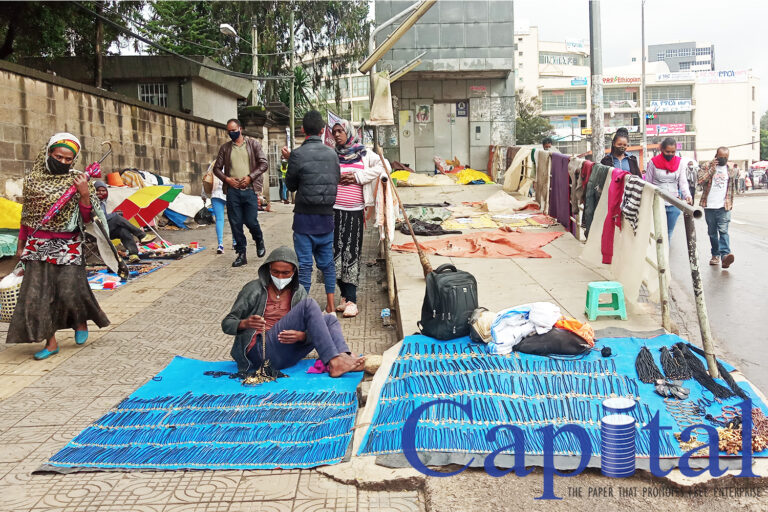The Economic Commission for Africa (ECA) and the African Institute for Economic Development and Planning (IDEP) on Thursday, August 6, hosted a webinar in which participants discussed ways through which member States and institutions can strengthen the engagement of women in climate information and services (CIS) which they can utilize to support the CIS value chain for the benefit of their countries and communities.
Held under the theme Strengthening the Engagement of Women in CIS Generation, Packaging, Dissemination, Uptake and Use, the webinar sought to strengthen the engagement of women in CIS at regional level and to build their capacity and awareness of climate information tools and resources.
Participants identified and discussed the potential contribution of women in mitigating environmental damage and embedding climate justice in governance mechanisms as the world emerges from the coronavirus (COVID-19) pandemic; enumerated tools, resources and networking opportunities to support women engagement in CIS; and identified bottlenecks and impediments in facilitating women involvement in CIS at national and sub-national levels.
In his remark, Jean-Paul Adam, Director of the ECA’s Technology, Climate Change and Natural Resource Management Division, said investing in women as part of the climate change response was crucial as this would lead to environmental gains and greater returns across the sustainable development goals (SDGs), Africa’s Agenda 2063 and broader development objectives.
“Women have significant knowledge and understanding of the changing environmental conditions, which could play a crucial role in identifying viable and practical community adaptation,” said Adam, adding that involving women in the switch to cleaner, modern energy, ensures that their concerns, and those of the community, are addressed.
He said post COVID-19 it was important for Africa to build back better with a gender lens.
For her part, Keiso Matashane-Marite, ECA’s Gender, Poverty and Social Policy Division, said African governments and institutions should provide incentives for women and girls to engage in CIS and in the process help contribute towards poverty eradication and the attainment of the sustainable development goals.
She emphasized that there were close links between gender and climate, adding gender inequalities exacerbated climate change vulnerabilities in communities.
“We need to demystify climate change and call for aggressive policy interventions or even affirmative action in some instances to ensure we address the issue of limited participation of women and girls in climate issues and science,” said Matashane-Marite, adding understanding gender complexities was of uttermost importance before delving into initiatives to increase women’s engagement with CIS.
Jennifer Mohamed-Katerere, an independent expert on human rights and environmental governance, for her part, said “policy interventions are needed to promote meaningful participation of women in the climate information and services value chain to improve access to climate data and services.”
Katerere said critical policy interventions were needed in engaging women in decision-making; participatory planning; communication and information technology and education.
Participants emphasized the need for innovative solutions to ensure capabilities are built for women in relation to access to CIS.
James Murombedzi, ECA’s African Climate Policy Centre (ACPC), said the webinar had helped participants scattered across the continent to have a better understanding of the social conditions and impediments to women’s engagement in CIS. He hoped the webinar would go a long way towards increasing the capacity for women to participate in CIS generation, packaging, dissemination, uptake and use.
“There was convergence towards certain steps that need to be taken to ensure impediments to women’s engagement in CIS are removed. There is awareness and readiness to utilize available resources and tools in developing climate informed plans and policies, and in using climate information in practice,” said Murombedzi.
“We need to think creatively and should not be risk averse if we are to successfully address these challenges. We need to begin to operationalize some of the interventions we are proposing.”
Strengthening women’s access to climate information services crucial adapt to climate risks
Over 50 mln people at risk of hunger in the Horn of Africa
Corona virus, locust, flooding contribute to the disaster
Approximately 50.6 million people or 20 percent of the total population in east Africa region are at risk of being food insecure and require food assistance by the end of 2020 according to the Intergovernmental Authority on Development (IGAD).
The compounding impacts of COVID-19 global pandemic, desert locust invasion, ongoing climatic shocks, conflict and insecurity, adverse macroeconomic shocks, together with protracted food insecurity from past shocks, could lead to a food security crisis in the region states the analysis by IGAD.
Before the current triple crisis, Eastern Africa was already considered one of the most food insecure regions of the world, with nearly 28 million people in need of food assistance in the region frequently requiring urgent humanitarian assistance.
The region hosts over 8 million internally displaced people (IDPs) and 4 million refugees and asylum seekers, all these require food and non-food assistance.
The desert locust invasion is also estimated to affect approximately 2 million people across the region, depriving them of their primary sources of food, and rendering them food insecurity. Over 2.5 million people have been affected by floods across the region during the March to May season. More rains are forecasted in the northern parts of the region between July and September 2020, which could result in more flooding.
An estimated 21.4 million people in the region are anticipated to become acutely food insecure due to the economic impacts of COVID-19 pandemic throughout this year. This has impacted mostly the urban poor, rural poor, and households dependent on informal sectors for their food and income sources.
Following the assessment the IGAD Food Security and Nutrition Response Strategy which was launched on Tuesday August 4, calls upon member states and partners to provide technical and financial support to IGAD to implement a series of short-term interventions to deal with the unfolding crisis.
“Nearly 50.6 million people are projected to be food insecure by the end of 2020 in the IGAD region. With millions of vulnerable populations at risk, IGAD has taken a stance to curb the casualties. This strategy puts in place guidelines for a coherent approach to supporting our citizens and the region. We call on Member States and partners to work together to provide political, technical and financial support to IGAD in the implementation of this comprehensive regional strategy,” said Workneh Gebeyehu, IGAD executive secretary.






